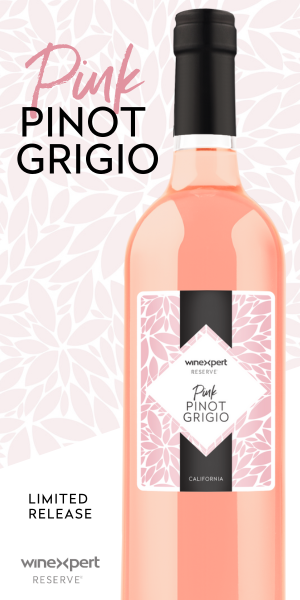I’ve read you can use bananas to give body to thin wines. Can you please explain why this works and any impact on flavor?
Q:”Tips from the Pros” (Summer 1999) explains how to use ripe bananas to give body to a thin wine. Please tell me more. Why does this work? What are we pulling out of the banana by cooking that thickens the wine? What is the chemical composition or name of this derivative? What impact will it have on flavor? Will it work equally well with reds and whites, dry and sweet finishes? Could I do the same with several packages of liquid pectin, the type we use to thicken jam?
We have a very active wine club and we usually process 10 to 12 tons (9 to 10.8 metric tons) of grapes each season. We are always looking for tips. Any insight you can provide on bananas will be appreciated.
–Serne Bartoletti • El Paso, Texas
A:Home winemakers use bananas, both dried and fresh, as a source of perceptible sweetness and body. Both effects are derived from the complex polysaccharides (that’s a fancy name for big, long-chain sugars) that bananas contain. By cooking the bananas or by using dried bananas (as many recipes specify), you’re taking advantage of these sugars to the maximum extent possible. Of course, adding bananas to your wines may impart some banana-like aromas and flavors – you just need to decide if this is correct for your type of wine. I would say it would be for, say, a late-harvest Muscat, but not for a bone-dry Bordeaux-style red wine.
I would use the banana trick for sweeter styles, as the amount of sugar added will be difficult to control. It would work well for sweet whites as well as sweet reds, especially Ports, when you’re concerned with getting sweetness as well as body into the finished product.
Using liquid pectin is a definite winemaking no-no. More often than not, it will contribute to unsightly hazes in finished wines.
Do you have a burning question for the mighty Wine Wizard? If so, send it to: wiz@winemakermag.com.


